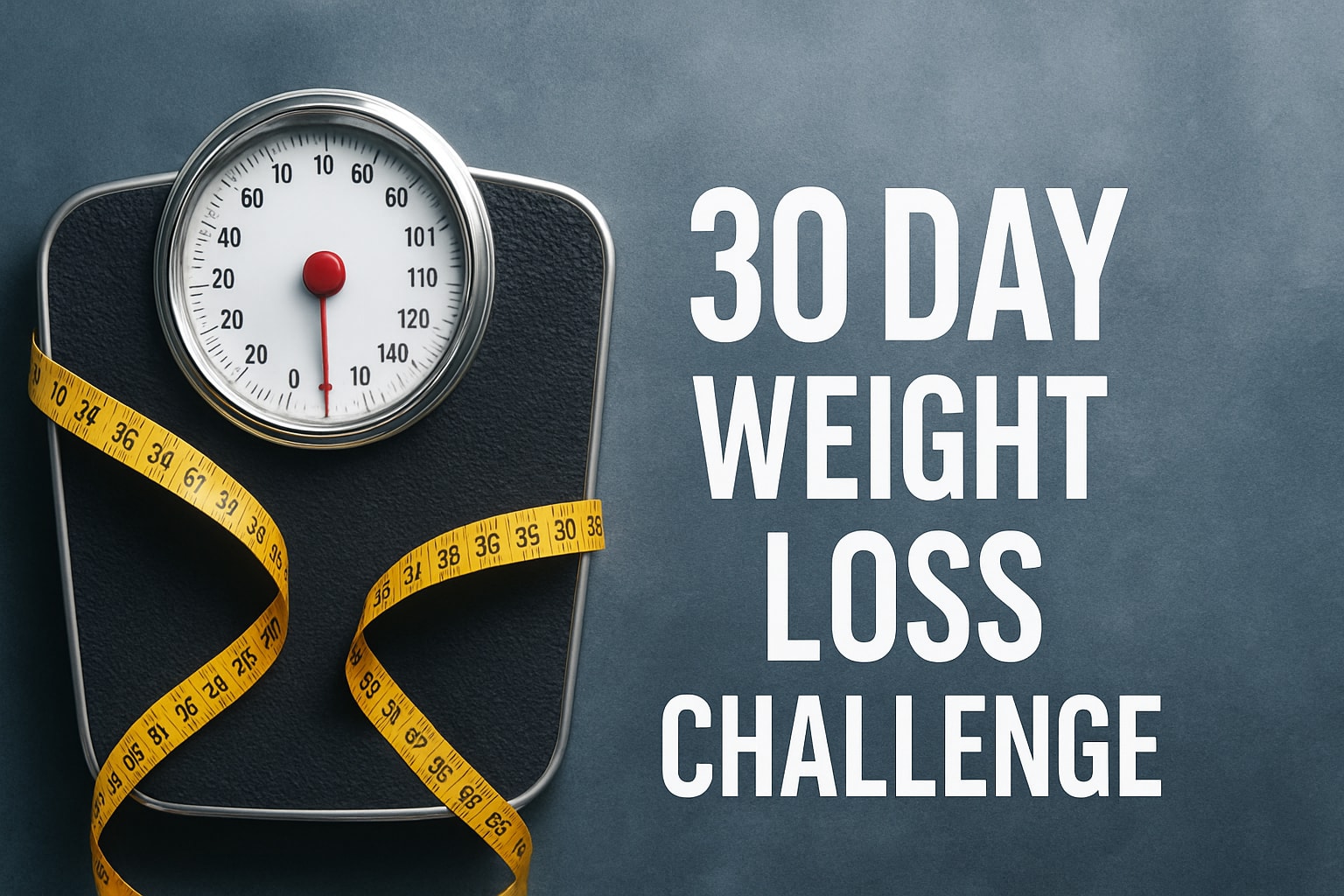Today, stress affects all of us to a greater or lesser extent, affecting not only our mental health but also our eating habits. Many of us find ourselves in a cycle of stress eating, seeking comfort in food during times of anxiety or tension. Not only does this pattern interfere with our weight loss goals, but it can also lead to a cycle of guilt and more stress, creating a vicious cycle that is difficult to break.
However, it is important to remember that there are effective strategies for managing both stress and our eating habits. Stopping stress eating is not about exerting an iron will over our food choices, but about learning to listen to our bodies, manage stress in healthy ways, and find comfort beyond food. Discover how to break the cycle, and find a healthier, more balanced lifestyle.
Identifying signs of stress and hunger
The ability to distinguish between actual physical hunger and stress-induced cravings is critical to overcoming emotional eating. This section will guide you through identifying signs of stress and how to differentiate them from actual hunger.
Recognize when it's stress
Stress can manifest itself in many ways, including physical symptoms such as an increased heart rate, muscle tension, and headaches, as well as emotional symptoms, such as feeling overwhelmed, irritable, or anxious. Learning to identify these signs is the first step in managing stress effectively.
What techniques can we use to identify it?
- Keep a Journal: Writing down when and how you experience stress can help you identify patterns and triggers.
- Recognize early signs: Pay attention to early signs of stress in your body. This may include rapid breathing, tension in your shoulders, or feeling restless.
Differentiating hunger from stress eating
Physical hunger develops gradually and can be satisfied with various types of food. In contrast, stress eating cravings are usually sudden and specific, often craving foods rich in sugar or fat.
Pay attention to what your body is asking for:
- Wait before eating: If you feel a sudden urge to eat, wait 10 minutes. This can help you determine if you are really hungry.
- Assess your hunger: Use a hunger scale from 1 to 10, where 1 is "not hungry at all" and 10 is "extremely hungry". Try to eat only when you are at a level of 4 to 6. In other cases simply find a glass of water.
Understanding and differentiating these signals will allow you to make more conscious decisions about when and what to eat, thus reducing the chances of stress eating.
Strategies for managing stress
Effectively managing stress is crucial to breaking the cycle of stress eating. Various techniques are explored below, highlighting physical activity, hypnosis, and engaging in hobbies and pleasurable activities as effective means of reducing stress.
Hypnosis
Hypnosis can be a powerful tool for reducing stress and changing unhealthy eating habits, including stress eating. By focusing on relaxation and positive suggestions, hypnosis helps achieve a calmer, more receptive state of consciousness.
How it works:
- Guided sessions:Through sessions guided by a certified professional, you can learn to enter a state of deep relaxation, where your mind becomes more open to positive suggestions.
- Self-hypnosis:With practice, you can learn self-hypnosis techniques to achieve this state of relaxation by yourself and apply positive suggestions to help you manage stress.
If you want to know more about how it works, read the article: Natural appetite suppressants.
















